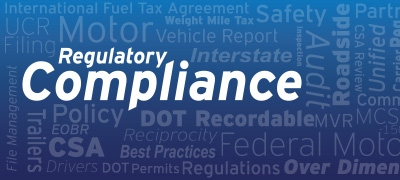The Office of Inspector General (OIG) has oversight of protection of the integrity of Health and Human Services (HHS) programs and operations. The aim of this function is to ensure the wellbeing of American people who benefit from these programs. The OIG seeks to prevent fraud, abuse and waste, identify ways of improving the cost, efficiency and effectiveness of its programs, and to bring to book those who do not comply with its requirements.

Towards ensuring these, the OIG issues its annual Work Plans. These set out the details of the projects that the Office of Audit Services, Office of Evaluation and Inspections, Office of Investigations, and Office of Counsel to the Inspector General address during a fiscal year. Each year’s Work Plan details the projects the OIG has planned in each of the above mentioned Offices’ entities. The Work Plans offer details of information relating to a host of issues about the departments with which the OIG works or coordinates.

The OIG requires compliance and management of enterprise risk by health care organizations and providers that develop and plan their annual compliance audit priorities. They should make sure that their compliance program activities, audits and policies are consistent with the OIG’s annual Work Plan.
What is coming up for Fiscal Year 2017 HHS OIG Work Plan?
A detailed explanation of the OIG’s Fiscal Year 2017 Work Plan will be offered at a webinar that is being organized by MentorHealth, a leading provider of professional trainings for the healthcare industry. Joseph Wolfe, who is an attorney with Hall, Render, Killian, Heath & Lyman, P.C., the largest health care focused law firm in the country, will be the speaker at this webinar.

Want to know what needs to be understood by those who need to be compliant with the Fiscal Year 2017 HHS OIG Work Plan? Just enroll for this webinar by visiting http://www.mentorhealth.com/control/w_product/~product_id=800932LIVE/~sel=LIVE/~Joseph_Wolfe/~Untangling_the_OIG’s_2017_Work_Plan:_Key_Compliance_Considerations_for_Health_Care_Providers.
At this webinar, Joseph will focus on an overview of the Work Plan, including the new and ongoing audit areas that the OIG plans to focus on during 2017. This discussion will be of immense value to healthcare professionals such as in-house counsel, healthcare executives, health care Human Resources, and healthcare CFO’s.

He will cover the following areas at this webinar:
- Provide a general overview of the 2017 OIG Work Plan
- Summarize ongoing reviews and activities the OIG plans to pursue
- Discuss significant new risk areas that the OIG plans to focus on
- Identify potential action steps that health care organizations and providers can take to manage compliance risk.












 The European Cosmetics Products Regulation (EC) 1223/2009 (CPR), which became fully operational from July 2013, is a game changer in many ways, as it is considered a most contemporary regulatory framework concerning state-of-the-art of cosmetic science and product technology.
The European Cosmetics Products Regulation (EC) 1223/2009 (CPR), which became fully operational from July 2013, is a game changer in many ways, as it is considered a most contemporary regulatory framework concerning state-of-the-art of cosmetic science and product technology.


























